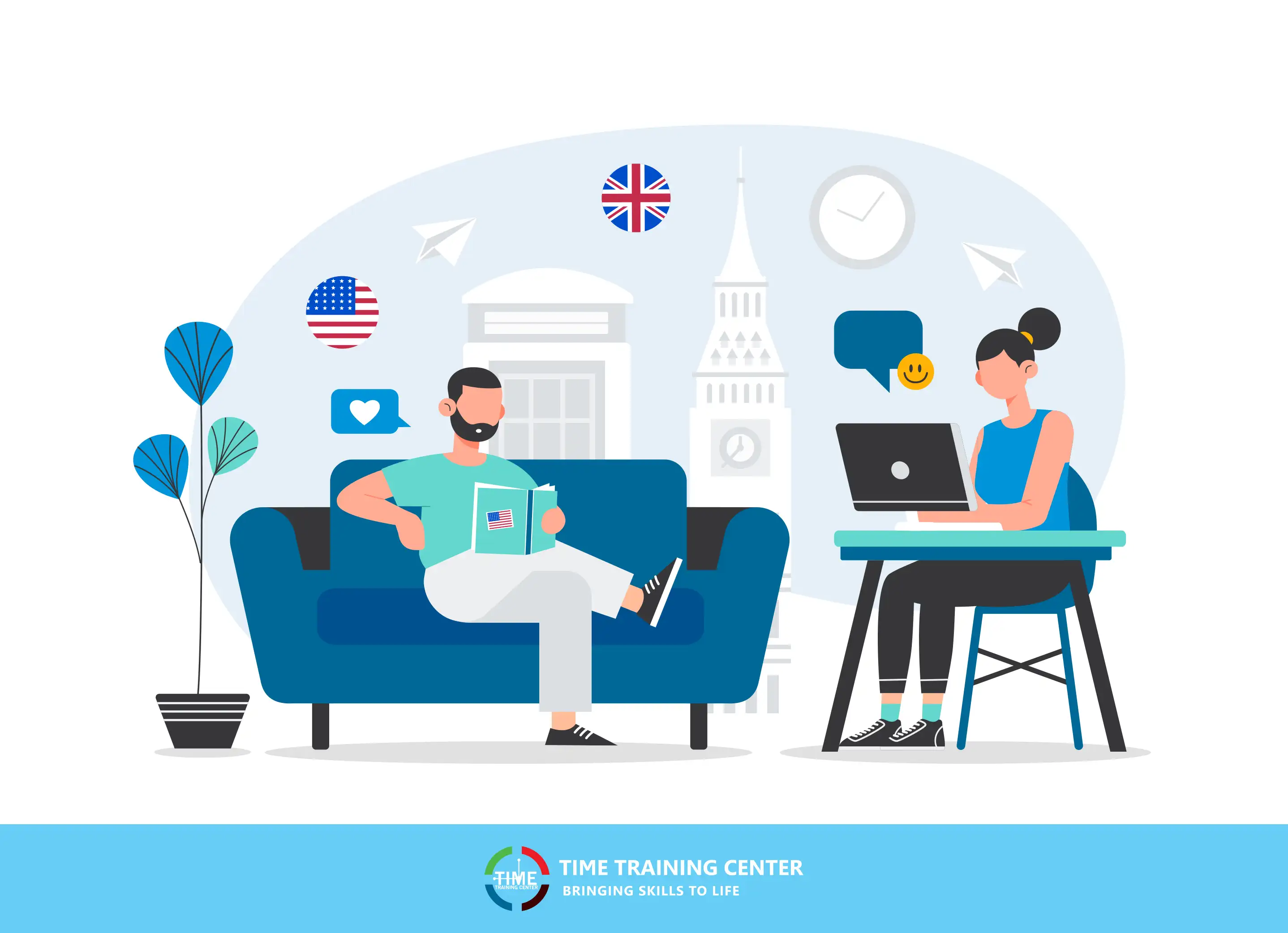The International English Language Testing System (IELTS) is a standardized test that plays a critical role in achieving academic and professional goals overseas. By assessing your English language proficiency, the IELTS serves as a gateway to international study and work opportunities.
However, the listening section can pose a significant challenge for test-takers. A variety of accents, unfamiliar vocabulary, and rapid information delivery can lead to difficulty understanding and retaining key details.
This guide provides a comprehensive approach to overcoming these hurdles, equipping you with practical strategies to excel in the IELTS listening section.
Also check out: How to Improve IELTS Reading Band Score?
Best Tips to Improve Your IELTS Listening Score
Check out the different strategies to improve IELTS listening skills from pre-listening strategies to practice strategies.
Pre-Listening Strategies (Sharpen Your Axe)
Before diving into the listening test, take some time to prepare your "axe" – your listening skills – for maximum effectiveness. Here's how:
1. Tame the Accents
The world is a symphony of accents, and the IELTS test reflects that. Expose yourself to a variety of accents through podcasts, audiobooks, and movies. Pay attention not just to the words, but also to the speaker's rhythm and pronunciation. Mimicking the pacing and intonation can even help you anticipate upcoming information.
2. Build Your Knowledge Base
The more familiar you are with common IELTS topics like education or environmental issues, the easier it becomes to grasp the content. Make a habit of reading news articles or watching documentaries on these subjects. The importance of general knowledge goes a long way – the more you know, the more connections you can make while listening.
3. Be a Prediction Ninja
Don't go into the listening here blind! Briefly scan the questions beforehand and identify keywords. This allows you to anticipate what kind of information might be coming up next. Think of yourself as a detective gathering clues – the questions are your roadmap to understanding the speaker's message.
Read on: Importance of IELTS to Study Abroad
Active Listening Techniques (Become a Listening Ninja)
The test has begun! Now's the time to transform into a listening ninja, laser-focused on extracting key information. Here's how:
4. Become a Master of Selection
Remember, you don't need to understand every single word. Focus on identifying the main points and supporting details that answer the questions. Hone your selective listening skills by tuning out distractions and focusing on the speaker's tone. Does their voice become more excited when introducing a key point? Does it drop for emphasis? These subtle cues can be valuable clues.
5. Unleash Your Inner Note-Taker
Taking notes during the listening here can be a game-changer. Experiment with different methods like mind maps or outlining to find what works best for you. Remember, keep your notes concise – jot down keywords and phrases that trigger your memory. Don't get bogged down trying to write everything verbatim.
6. Synonyms? No Problem!
The speaker might not always use the exact words you see in the questions. Don't panic! The IELTS test loves synonyms and paraphrases. Train yourself to recognize these variations by focusing on context clues. For example, if you see the word "abandoned" in a question, listen out for words like "deserted" or "left behind." Familiarize yourself with common paraphrases to become a synonym-spotting pro.
Practice Makes Perfect (Master the Game)
Sharpening your skills is all about consistent practice. The following tips will help you get the most out of your IELTS training;
7. Official Resources
Official IELTS practice tests are your gold mine. These tests are designed to mirror the format and difficulty of the real exam. By working through them, you'll get comfortable with the question types, pacing, and specific vocabulary used in the listening here.
8. Explore the Online World
The internet is overflowing with fantastic listening resources! Supplement your official practice with engaging podcasts, lectures, and educational videos. Look for content related to your interests – not only will it be more enjoyable, but you'll also be more likely to retain information.
9. From Passive to Active
There's a world of difference between listening passively (like music in the background) and actively (with focused attention). During practice sessions, transform yourself into an active listener. Take notes, answer practice questions, and even try summarizing the key points out loud. This engaged approach will significantly boost your comprehension and test preparedness.
Bonus Tips
Even the most prepared ninjas face challenges. Here's how to conquer common roadblocks in the listening there:
-
Unfamiliar Words? No Sweat!
Don't let new vocabulary throw you off balance. Often, you can infer the meaning of an unfamiliar word from the context clues surrounding it. Pay close attention to the surrounding sentences – they might offer synonyms, definitions, or examples that clarify the unknown word's meaning. Additionally, analyze the part of speech (noun, verb, etc.) and the sentence structure to make an educated guess.
-
Information Avalanche? Stay Calm!
Sometimes, the speaker might bombard you with a lot of information. Don't get overwhelmed! Develop techniques to manage this information overload. Prioritize by focusing on key details that answer the questions. Briefly summarize each point in your mind to solidify your understanding. Remember, the speaker will often repeat or rephrase important information, so listen for those cues.
Feeling nervous is normal, but it shouldn't hinder your performance. Practice relaxation techniques like deep breathing or meditation before the test. During the listening, focus on the present moment – don't dwell on past questions or worry about what's coming next. By staying mindful, you'll be better equipped to absorb the information and ace the listening here.
You may like: OET vs IELTS
Conclusion
The path to IELTS listening mastery lies in consistent practice and a multifaceted approach. By implementing the strategies outlined here, you'll develop the necessary skills and confidence to excel in the listening section. This blog serves as your springboard to success, empowering you to achieve your academic and professional goals.
You might be interested: How to Speak English Fluently?
 +971 2 6713828
+971 2 6713828



